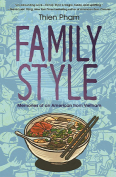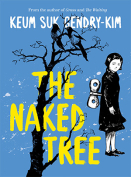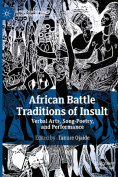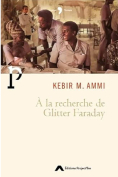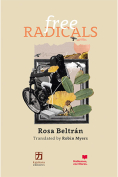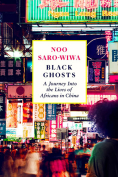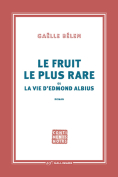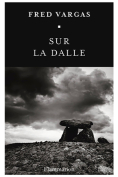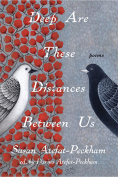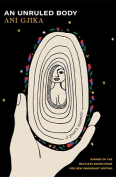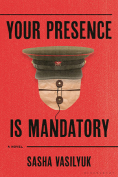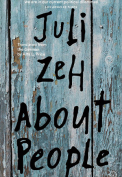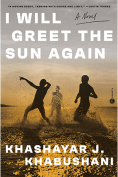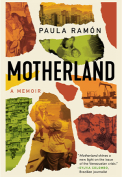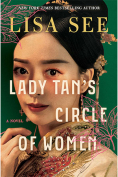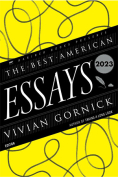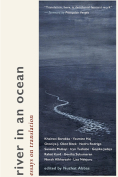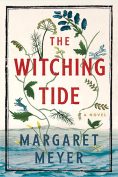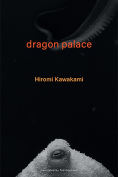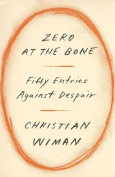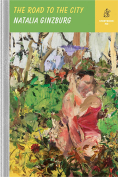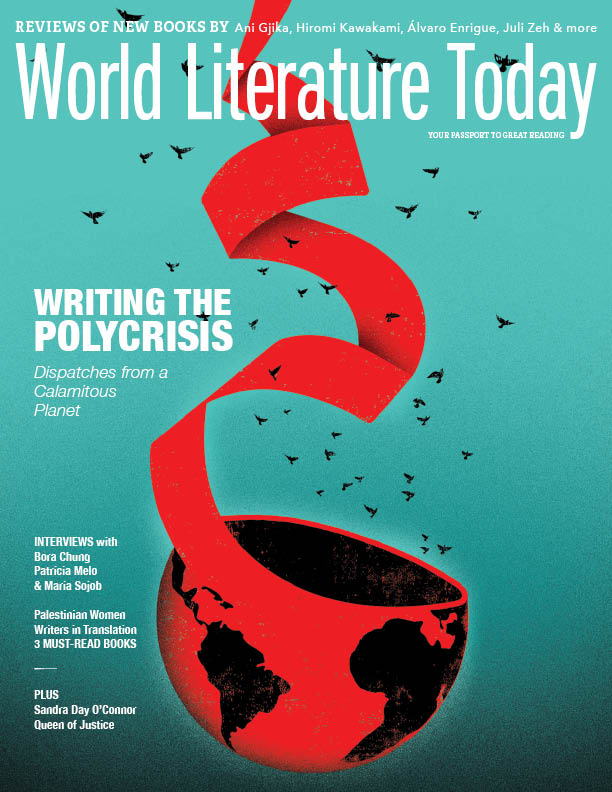Family Style: Memories of an American from Vietnam by Thien Pham
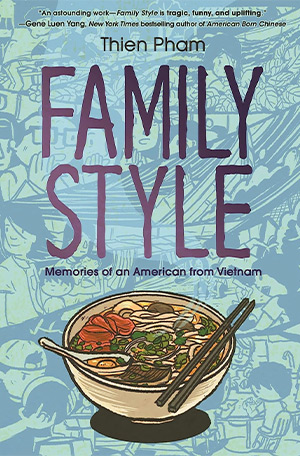 New York. First Second. 2023. 240 pages. 2023. 182 pages.
New York. First Second. 2023. 240 pages. 2023. 182 pages.
Thien Pham’s memoir joins a growing body of works about the Vietnamese diaspora in graphic novel form. A gentle, complex narrative with beautifully inked and colored panels, Pham images his life, from a five-year-old’s memories of displacement from political and ethnic violence in Vietnam in the 1970s; through the disorientation of adjusting to and coming of age in a new place, culture, and language; to how, throughout, the narrator finds belonging for himself, with other children, artists, and, eventually, in his early forties, when he becomes a US citizen.
In the first section, Pham creates a legible story from a young child’s confused memories, using the visual form to powerful effect in what he does not show: his mother tells him to shut his eyes as pirates raid their boat, robbing them, and likely—based on historical information about such raids—raping the women. Here the pages are black, punctuated only by his mother’s voice calming him, between confused brief blinks onto scenes of terror: “It will be okay”—until the final, dark stretch when she says nothing. Then, finally, “It’s over.” With rich and textured lines of color, even this terrible boat journey floats on an ocean and under a sky of incredible beauty.
Pham opens each chapter with foods that symbolize key events and cultural spaces: steak and potatoes for Pham’s family’s first meal in the US, with their sponsor; Salisbury steak for unloved public-school lunches; ham-and-cheese croissants for the bakery business his family runs. Vietnamese home foods frame the book on either end: báhn cuốn—a kind of crepe wrap—for the fast-food stand his mother laboriously learns to run in the Songkhla refugee camp on the coast of Thailand, and co’m tâm dǎc biêt (combo broken rice plate)—for Pham’s connection with other Vietnamese American teens that creates new space for the Vietnamese culture he’s been sidelining. Chapters that are both titled “Rice and Fish” bookend or, really, “hug” the whole narrative, anchoring the story in home and family amid a continuous current of US racism that becomes visible in startling and unpredictable moments.
This book lovingly centers the dailiness of growing up—tossing slippers for knickknacks in the refugee camp, hanging out with teenage friends at the family video store—that humanizes this experience of migration. Pham centers normalcy, decentering the hard parts by treating them as they are—a part of lives in which the everyday work and play of living dominates.
Alison Mandaville
California State University, Fresno
